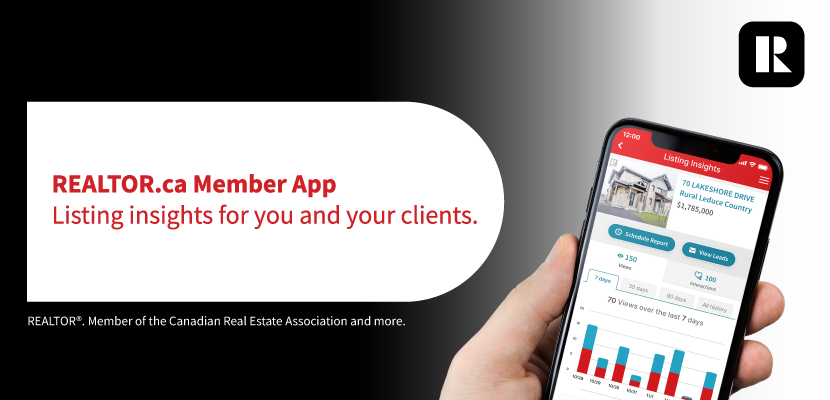The last thing on the mind of a busy real estate professional is planning for retirement. When a person is younger and aggressive, any thought of retirement is far down on the list of things to consider. However, this postponement is often short sighted whatever your age. No matter how successful and career oriented you are, as age and time takes its toll, someday you must give it all up. Sooner than you think, you will join the ranks of the unemployed. Ready or not, you will be forced to retire.
Statistics Canada advises that 45 per cent of people enter retirement totally unprepared, financially and psychologically. The baby boomers are the most common in this group. They do not know what to expect in retirement. Television advertisements are misleading. The problem is largely created by insufficient planning for this eventuality, or more often, no planning at all. As the median age of those in the real estate business is steadily increasing, preparing for the day when you will have to step out should commence now.
Resolving the myriad of personal and other issues that could arise will be more onerous if you are uncertain about your longer term objectives. The germane issues revolve about around the age at which you wish to retire, your retirement needs, spousal and family considerations, health issues and financial matters. In this, you must be pro-active. Delaying could bring about unintended negative consequences. Time is not always your friend.
The big question is, “How much money will I need? Will the money I have, cash in the bank, government pension, savings and all that I know for sure will be coming in last as long as I do?” Financial preparedness is the assurance that you will have as much money coming in as is going out. If too much is going out, financial hardship will occur. In planning, allow for contingencies, changing circumstances and unexpected expenses.
There are many retired folks, not necessarily former real estate pros, who are in dire straits. They did no forward planning and didn’t save any money. It says in The Book of Ruth, “Gather here a little and there a little to provide for the infirmities of old age.” This is wise advice. Many elderly people find that their money is insufficient to support themselves above the poverty level. They must take on part-time jobs, or find income producing methods to supplement their limited government pension(s). So far as I know there are no pension plans provided by real estate brokerages. You are on your own.
The purpose of meaningful pre-retirement planning is to arm yourself with an understanding of what is feasible and what is not. There are several paths you could take, each depending on how and when you leave the business. You need to make your plan flexible in case you change your mind about some important factor or unforeseen circumstances that may come along the way. It will provide you with an understanding, or at least an awareness of all of the options that are open to you that take into consideration your experience and intentions.
Select the appropriate time to retire. This governs the actions to be taken, the critical path of what you do first, second, third and the timetable. You must answer the questions, “How much money will I need to carry me from the date of retirement until the end? Where will it come from? How long will it be before the source dries up? What is the possibility of me outliving my money?”
The initial steps include:
- Identifying your most important objectives.
- Bringing you spouse into the process. What you do during your retirement will affect your spouse as much as it does you. Ensure that she/he is in agreement with your intentions. You might include a trusted professional planner to render assistance and advice.
- Establishing a time line for entering retirement.
- Creating a strategy. Formulating a critical path timetable.
- Developing a financial plan for yourself and your spouse, one that ensures a comfortable after-retirement living, considers contingencies and protects your estate.
- Addressing the legal and tax problems you could have. Determining the best way to minimize income taxes.
- Developing a contingency plan.
- Considering all of your options.
- Expecting a major readjustment period.
- Getting your bills paid. It is vitally important that you enter retirement without debt.
- Remember! Retirement planning is not a single event. It requires time and effort.
Timing is all important. Lay out the ground rules while you are still working. Allow yourself sufficient time to get all of your ducks in order. Develop a written plan and leave some open spaces in it that you can later fill in if things change. Start now: not someday when it becomes clearly a do or die situation, or when, for some reason, you must move on. Far from being an end point, retirement marks a new beginning, a gateway to the next chapter in your life.
Lloyd Manning, AACI, FRI, CCRA, PApp is a semi-retired commercial real estate and business appraiser and broker who now spends his time writing for professional journals and trade magazines. He resides in Lloydminster, Alberta. Contact him by email.


















